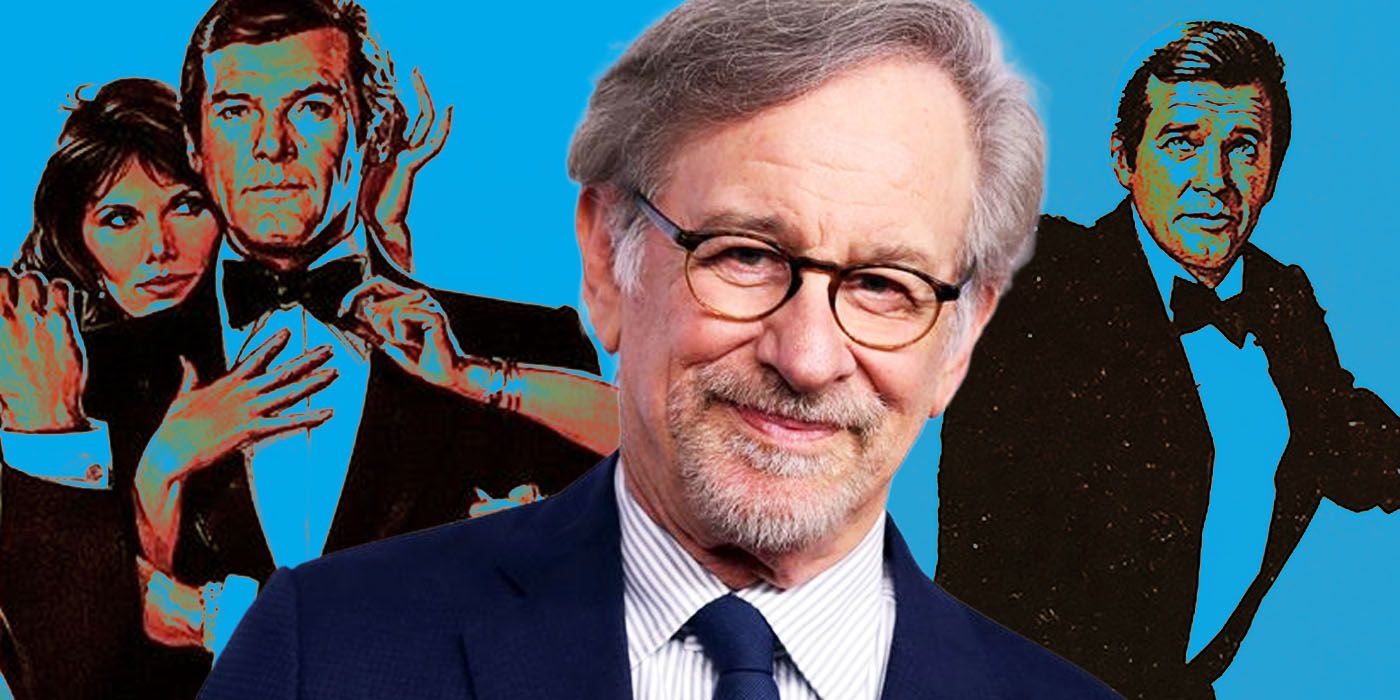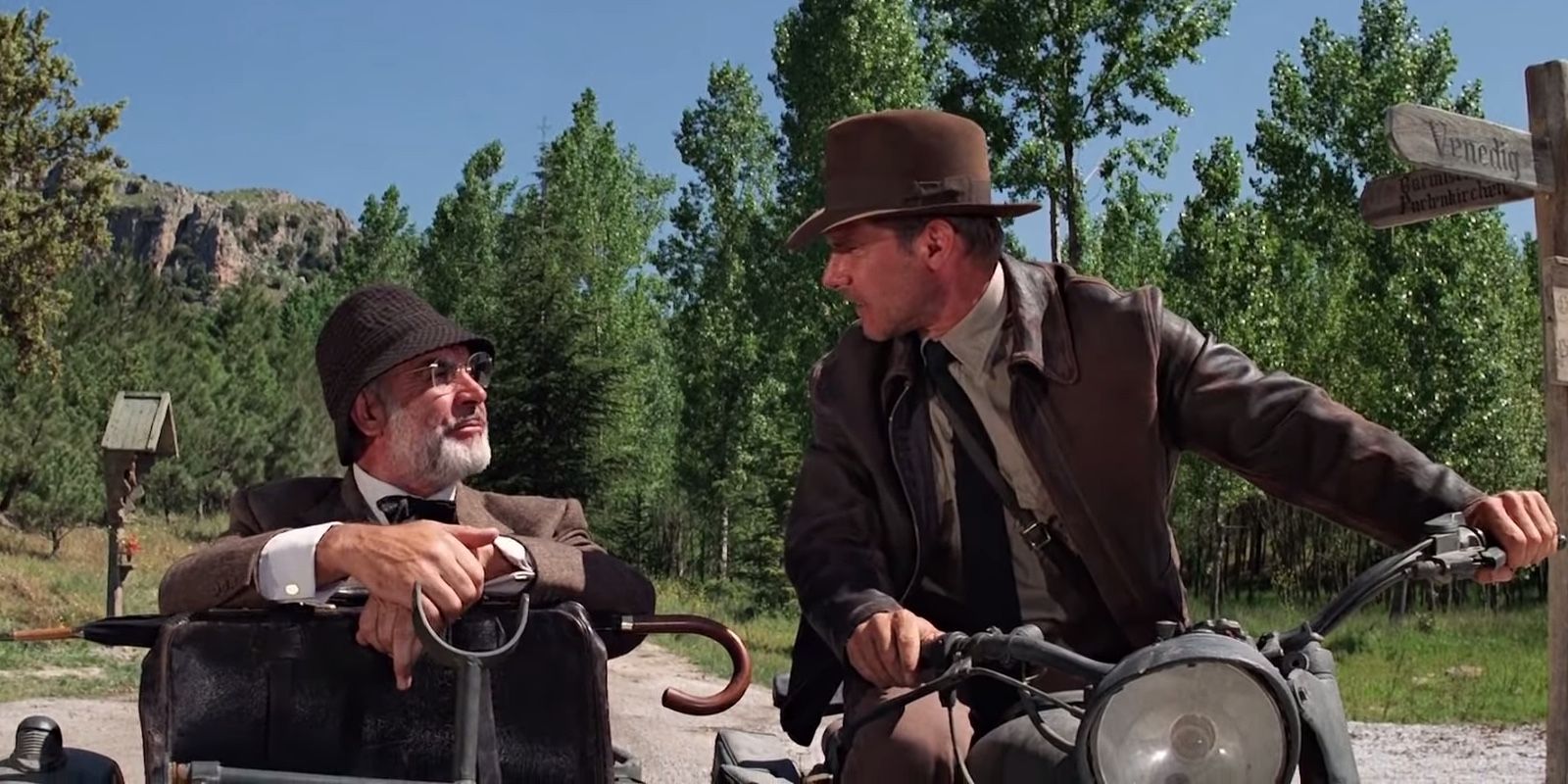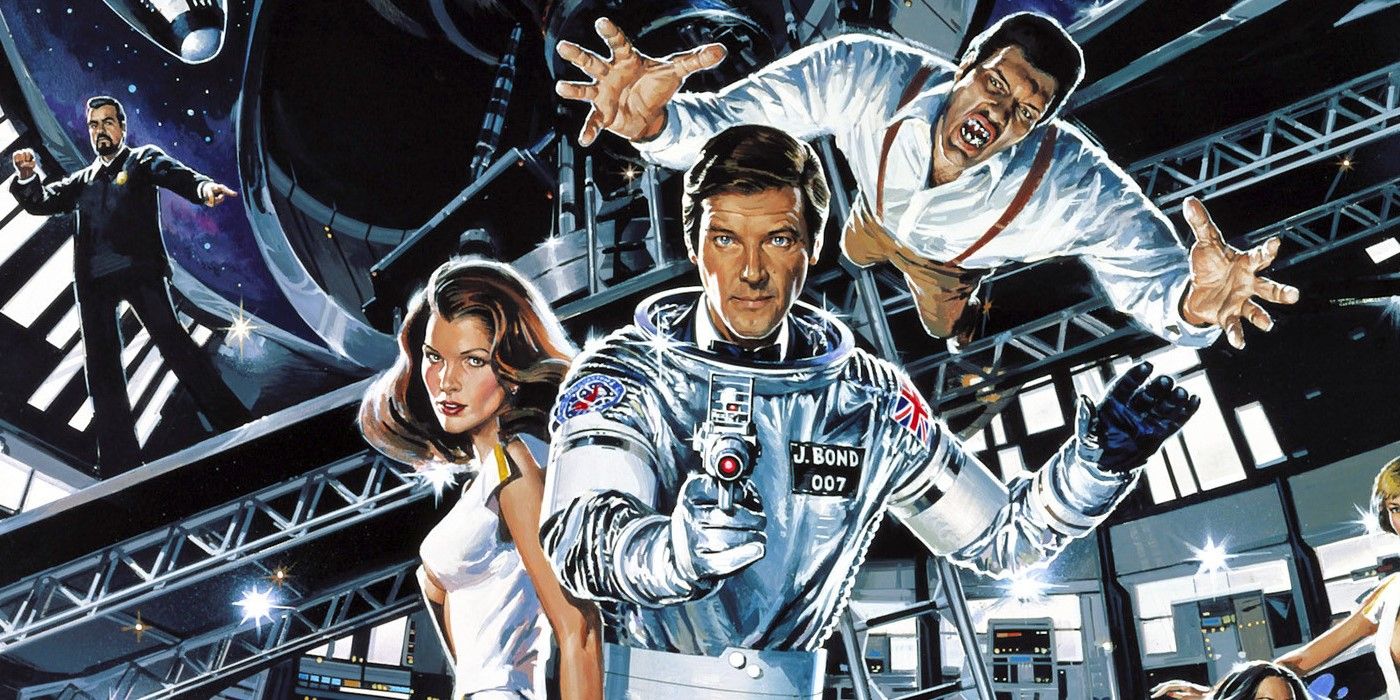Steven Spielberg became one of the great filmmakers by starting as a fan himself. He routinely cites the likes of David Lean and Preston Sturges as influences, and shades of those earlier directors invariably appear throughout his work. Among their ranks were the James Bond movies, of which Spielberg has always sung the praises, and the director seemed born to make one. There was a moment in time that it wasn't just possible but even likely, as both director and franchise converged at the top of the pop-cultural heap.
It didn’t happen for a simple yet rather arbitrary reason that looks like a bit of a head-scratcher in retrospect. But the whole of pop culture turned on the decision. Rebuffed, Spielberg and his friend George Lucas created the Indiana Jones saga, which quickly rivaled 007 for popcorn spectacle and thrills. But they only did so after Spielberg was turned down not once but twice for directing Bond.
Indiana Jones was famously created on a beach in Hawaii, where both Lucas and Spielberg were staying on vacation. Lucas was purportedly hiding from what he feared would be a disastrous opening for Star Wars: Episode IV – A New Hope, while Spielberg was taking time off from editing Close Encounters of the Third Kind. In comments to the American Film Institute, the producer recalled his friend saying he wanted to make an action-adventure film “like the James Bond movies.” Lucas responded by claiming he had a better idea and delivered the gist of Indiana Jones. The two agreed in principle to make the film together, and four years later, Raiders of the Lost Ark was released in theaters.
The timing of the story suggests that Spielberg’s wish was far more than idle thinking. In a 2016 article from The Independent, the director revealed that he spoke to Bond producer Albert R. “Cubby” Broccoli not once but twice about helming a James Bond picture. The first came as he was making Jaws in 1975. Broccoli claimed he wasn’t “the right fit.” Spielberg tried again after Close Encounters of the Third Kind and again was turned down. By then, he and Lucas were already planning Raiders, and there the matter rested.
As it turns out, “the right fit” was something Spielberg had absolutely no control over. Broccoli considered James Bond a British franchise, and as such, only British directors were asked to helm his adventures. This was despite the fact that Broccoli himself was American. The producer passed away in 1996, but the movies continued the tradition until 2021’s No Time to Die, which was directed by American Cary Joji Fukunaga. In the 1970s, Spielberg would have been disqualified by default.
It's a pity because that era in James Bond was tailor-made for Spielberg. Roger Moore had revitalized the franchise with a jauntier, more outlandish series of adventures than the Sean Connery movies that began the franchise. The plots, gadgets and villains were larger than life, punctuated by arch humor and the star’s fun-loving playboy take on the superspy. That matched Spielberg’s penchant for crowd-pleasing popcorn fare at the time. Indeed, had Broccoli taken the director up on his offer, the most likely film he would've directed was 1979’s Moonraker, which itself was fast-tracked after the phenomenal success of A New Hope. Had Broccoli wished to compete with George Lucas’ sci-fi epic on equal terms, he needed only ask.
Things turned out differently, of course. Indiana Jones became a blockbuster franchise all its own, complete with Bond-esque flourishes like ten-minute vignettes to begin each movie. Harrison Ford even donned 007’s white tuxedo from Goldfinger in 1984’s Indiana Jones and the Temple of Doom, and Spielberg had the last laugh when Connery himself came on to play Henry Jones, Jr. in Indiana Jones and the Last Crusade. None of that would have happened had Broccoli relented and given the director his shot at Bond. It speaks volumes about his ability to not take "no" for an answer; after being turned down twice, Spielberg more or less went ahead and made a few Bond films anyway.



